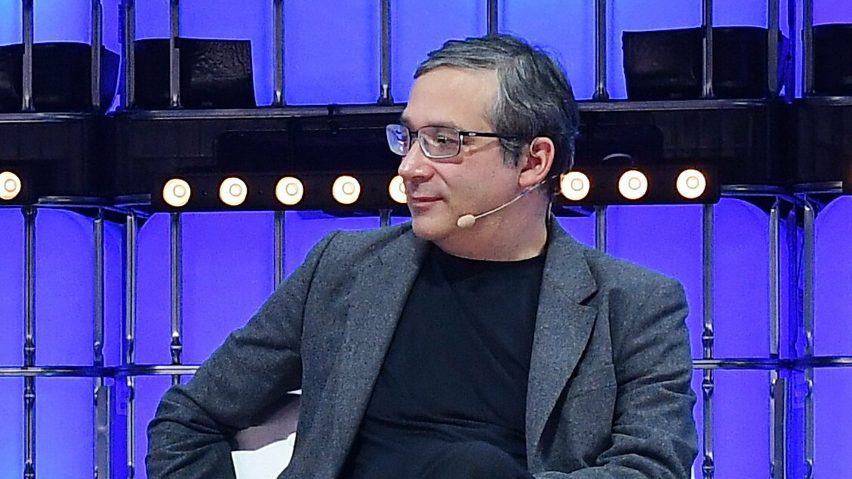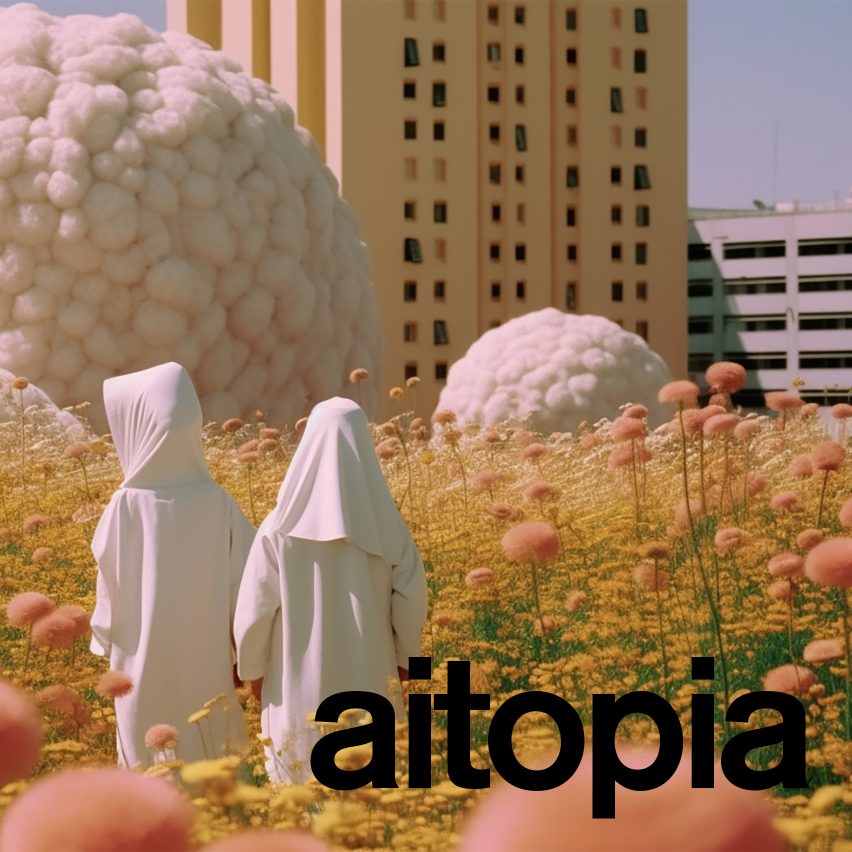
Generative AI boom "could come to a fairly swift end"
Predictions about the potential impacts of generative AI may be overblown due to "many serious, unsolved problems" with the technology according to Gary Marcus, one of the field's leading voices.
In a recent blog post, scientist and entrepreneur Marcus said generative artificial intelligence (AI) such as ChatGPT "probably isn't going to have the impact people seem to be expecting".
The New York University professor and Center for the Advancement of Trustworthy AI co-founder warned that governments could be making a mistake by gambling on "the premise that generative AI will be world-changing".
Issues with no imminent solution
Generative AI refers to systems that can create different types of content, including text, images and code, by extrapolating from patterns learned from being trained on vast swathes of data.
Interest in the technology has rocketed over the past year following rapid advances in the capabilities of models including ChatGPT and image generator Midjourney.
The Organisation for Economic Co-operation and Development recently said that major economies are on the brink of an "AI revolution which could fundamentally change the workplace".
Investment bank Goldman Sachs predicted that adoption of generative AI could increase annual global GDP by seven per cent but also replace 300 million jobs, with architecture and engineering among the most-exposed industries.
But Marcus warned that "the whole generative AI field, at least at current valuations, could come to a fairly swift end", used only to produce code and marketing copy.
He argued that generative AI faces major, potentially insurmountable technological issues that could end up limiting its usefulness.
"We have not one, but many, serious, unsolved problems at the core of generative AI — ranging from their tendency to confabulate (hallucinate) false information, to their inability to reliably interface with external tools like Wolfram Alpha, to the instability from month to month (which makes them poor candidates for engineering use in larger systems)," he wrote.
"And, reality check, we have no concrete reason, other than sheer technoptimism, for thinking that solutions to any of these problems is imminent."
These shortcomings not only mean that the generative AI economy "could see a massive, gut-wrenching correction", but also "that we are building our entire global and national policy on the premise that generative AI will be world-changing in ways that may in hindsight turn out to have been unrealistic", Marcus added.
Governments taking risks over AI "mirage"
He suggested that the US is risking heightening tensions with China and failing to introduce important AI regulation on privacy, bias, data transparency and misinformation in a bid to encourage rapid development "over a mirage".
"If hallucinations aren't fixable, generative AI probably isn't going to make a trillion dollars a year," he said.
"And if it probably isn't going to make a trillion dollars a year, it probably isn't going to have the impact people seem to be expecting," he continued.
"And if it isn't going to have that impact, maybe we should not be building our world around the premise that it is."
Dezeen's AItopia series has explored the potential impact of AI on architecture and design, including whether it could take architects' jobs and the most significant AI models for the creative industries.
The photo is by Piaras Ó Mídheach/Web Summit via Sportsfile.

AItopia
This article is part of Dezeen's AItopia series, which explores the impact of artificial intelligence (AI) on design, architecture and humanity, both now and in the future.